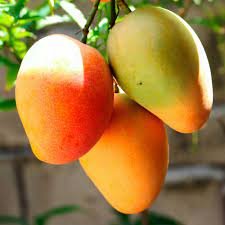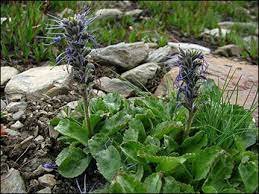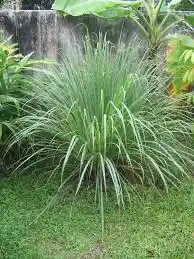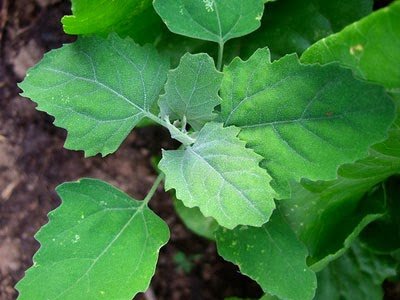Cyanobacteria Biofertilizer
We ViViCrop Farm Science is working in the Bio Fertilizer and Organic Fertilizer domain.
What is Cyanobacteria Biofertilizer?
Cyanobacteria biofertilizer consists of beneficial microorganisms from the phylum Cyanobacteria, also known as blue-green algae. Cyanobacteria are photosynthetic bacteria capable of fixing atmospheric nitrogen and synthesizing organic compounds. Cyanobacteria biofertilizers are used in agriculture to enhance soil fertility, promote plant growth, and reduce the reliance on chemical fertilizers.
Types of Cyanobacteria
- Anabaena: Forms specialized cells called heterocysts that fix atmospheric nitrogen in symbiosis with certain plants.
- Nostoc: Forms symbiotic associations with plants such as cycads and ferns, fixing nitrogen and improving soil fertility.
- Spirulina: Widely known for its high protein content and nutritional value, Spirulina is used both as a biofertilizer and as a health supplement for humans.
Relevance and Importance
- Nitrogen Fixation: Cyanobacteria have the unique ability to fix atmospheric nitrogen into a form that plants can utilize, reducing the need for synthetic nitrogen fertilizers.
- Soil Improvement: Cyanobacteria secrete mucilage that improves soil structure, moisture retention, and nutrient availability, enhancing overall soil health.
- Sustainability: By reducing the use of chemical fertilizers and improving soil fertility, cyanobacteria biofertilizers promote sustainable agricultural practices.
- Cost-Effectiveness: Lower input costs for farmers by minimizing the reliance on expensive synthetic fertilizers.
- Environmental Protection: Reduces nutrient runoff and leaching, minimizing the risk of water pollution and eutrophication.
Use and Benefits
- Nitrogen Fixation: Cyanobacteria fix atmospheric nitrogen, providing a natural and sustainable source of nitrogen for plant growth.
- Soil Enrichment: Improves soil fertility by enhancing nutrient availability, promoting microbial activity, and improving soil structure.
- Disease Suppression: Produces compounds that inhibit the growth of pathogenic microorganisms, reducing the incidence of soil-borne diseases.
- Stress Tolerance: Enhances plant resilience to environmental stresses such as drought, salinity, and temperature fluctuations.
- Increased Yield and Quality: Promotes vigorous plant growth, leading to higher yields, improved crop quality, and better nutrient content.
Crops Benefiting from Cyanobacteria Biofertilizer
Cyanobacteria biofertilizers can be used with a wide range of crops, including:
- Cereals: Rice, wheat, maize, barley.
- Legumes: Soybeans, peas, lentils, chickpeas, beans.
- Vegetables: Tomatoes, potatoes, carrots, cucumbers, peppers.
- Fruits: Apples, grapes, strawberries, citrus fruits.
- Oilseeds: Sunflower, canola, soybeans.
- Root Crops: Radishes, beets, turnips, carrots.
- Leafy Greens: Spinach, kale, cabbage, lettuce.
Application Stage
Cyanobacteria biofertilizers can be applied at various stages of crop growth:
- Seed Treatment: Seeds are coated with cyanobacteria biofertilizer before planting to ensure early colonization and establishment of beneficial microorganisms.
- Soil Treatment: Cyanobacteria biofertilizers can be mixed with the soil or applied as a soil drench to ensure the bacteria are present in the root zone.
- Root Dipping: Seedlings can be dipped in a cyanobacteria solution before transplanting to ensure root colonization by the bacteria.
- Foliar Spray: In some cases, cyanobacteria biofertilizers can be applied as a foliar spray to provide additional protection against foliar diseases and promote nutrient uptake.
Benefits at Different Crop Stages
- Germination and Early Growth: Enhanced root development and early establishment due to better nutrient availability and microbial activity.
- Vegetative Stage: Improved plant vigor and growth, leading to robust plant development and increased resistance to stress.
- Reproductive Stage: Better flowering and fruit set, resulting in higher yields and improved quality of the produce.
Conclusion
Cyanobacteria biofertilizers are valuable tools in sustainable agriculture, offering numerous benefits such as enhanced soil fertility, improved plant growth, and reduced reliance on chemical fertilizers. Their application to a wide variety of crops at different growth stages ensures effective colonization by beneficial microorganisms, promoting overall plant health and productivity. By integrating cyanobacteria biofertilizers into crop management practices, farmers can achieve better yields while supporting ecological balance and environmental conservation.









